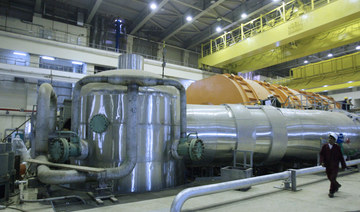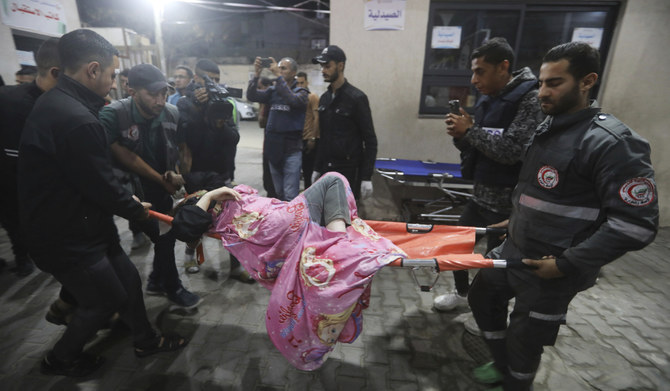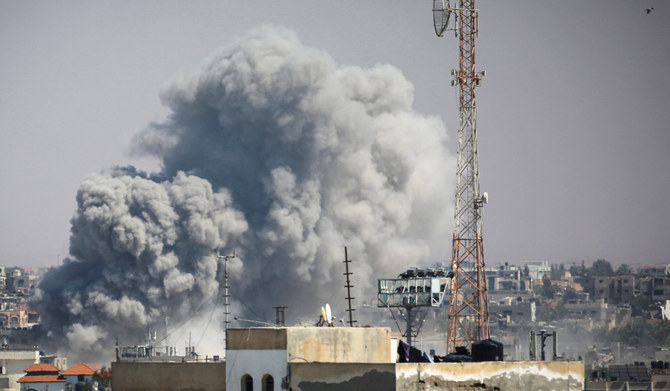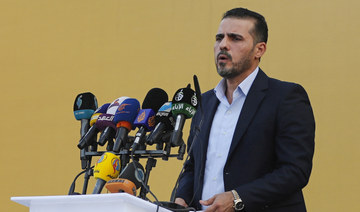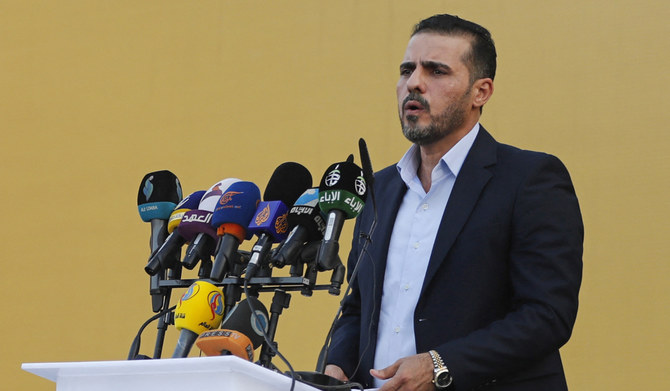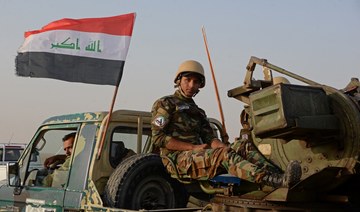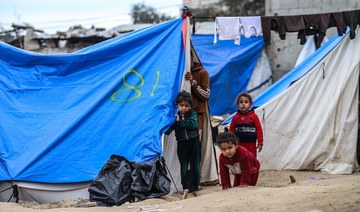JEDDAH: Iran on Thursday began removing international surveillance cameras from its nuclear development sites in what the head of the UN’s atomic energy watchdog described as a “fatal blow” to hopes of reviving the collapsed 2015 nuclear deal.
Iran had threatened retaliation if the International Atomic Energy Agency’s 35-nation board of governors passed a resolution drafted by the US, France, Britain and Germany criticizing Tehran for its continued failure to explain uranium traces found at undeclared sites. The resolution was passed by an overwhelming majority late on Wednesday.
In response, Tehran has begun removing all the monitoring equipment installed under the terms of the Joint Comprehensive Plan of Action, the original 2015 agreement to curb Iran’s nuclear program in return for lifting economic sanctions.
There is now a window of up to four weeks to restore some of the surveillance cameras or the IAEA will lose the ability to piece together Iran’s most important nuclear activities, agency chief Rafael Grossi said on Thursday. “I think this would be a fatal blow,” he said.
Since the US pulled out of the nuclear deal in 2018 and re-imposed sanctions, Iran has breached many of the agreement’s limits on its nuclear activities. It is enriching uranium to close to weapons grade. Talks in Vienna aimed at reviving the agreement have been stalled since March.
Since the deal’s collapse, Iran has been running advanced centrifuges and rapidly increasing its stockpile of enriched uranium. Nonproliferation experts warn that Tehran has enriched enough up to 60 percent purity — a short technical step from weapons-grade levels of 90 percent — to make one nuclear weapon should it decide to do so.
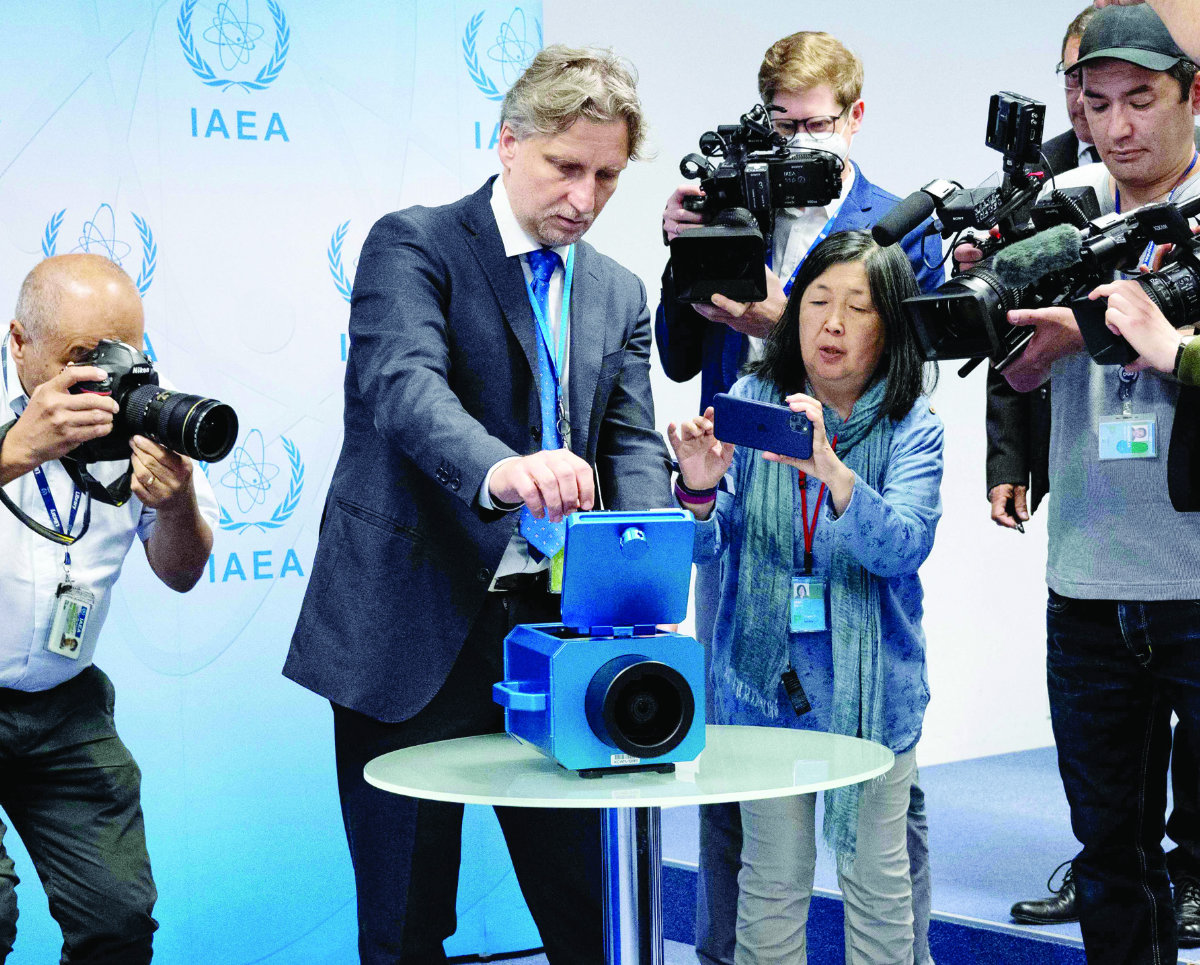
Cameramen at the IAEA headquarters in Vienna film a demonstration of a monitoring camera that is used at Iran’s nuclear sites. (AFP)
Grossi spoke on Thursday at a news conference in Vienna, standing next to an example of the cameras installed across Iran. The surveillance equipment is being removed from sites in Tehran, the underground Natanz nuclear enrichment facility, the facility in Isfahan and the Arak heavy water reactor in Khondab, he said.
Grossi said about 40 IAEA cameras would continue operating as part of the core monitoring in Iran that predated the 2015 deal. However, Tehran has already been withholding footage from those cameras since February 2021 as a pressure tactic to restore the nuclear agreement.
“We are in a very tense situation with the negotiations on the revival of the JCPOA at a low ebb,” Grossi said. “Now we are adding this to the picture; so, as you can see, it’s not a very nice one.”
Despite mounting international pressure, Iran remained defiant on Thursday.
“You think we would retreat …if you pass a resolution at the IAEA board of governors?” Iran's President Ebrahim Raisi said. “We will not back off a single step from our positions.”




